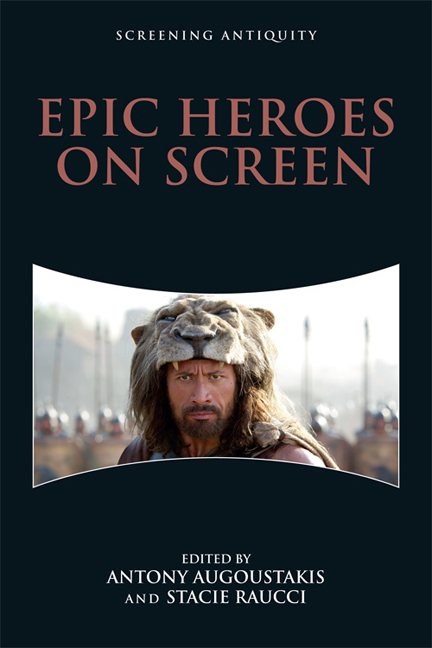14 - Making Modern (Anti)Heroes, the Ancient Way
Published online by Cambridge University Press: 24 April 2021
Summary
A noteworthy figure, be they famous or infamous, has just died. The death could have been sudden or long expected, but the same wave of public grief is channeled through various media, followed by another wave of tributes to the deceased, some opportunistic, some genuine. Mourning and uncertainty follow, as the swells of rumor and hearsay rise and fall in the days and weeks after the death. While memorials may be held in private, the public remains unsettled with the need not only for resolution of the deceased's life, but also for some clarification of the meaning of their passage through this world. A very public commemoration follows in due course, one woven by a talented writer and presented by a talented actor, heightened by clever staging and identifiable props. In the process, the life of the deceased is exhibited not just as a biography of their achievements, but also as an example to society of virtue – or vice. With this, what was once private is thrust authoritatively into the public, and the deceased's life enters the realm of common memory. A person is remembered, a lesson is learned, and in this public process, individuals are elevated into the realm of heroes – or indeed antiheroes, as their achievements merit.
What I have just described is a process with which we are intimately familiar in the celebrity culture of the twenty-first century thanks to the soaring popularity of Hollywood biopics, but this mechanism was equally visible in the traditions of mourning and public commemoration that followed the death of an elite man (and in some cases, woman) in the Roman Republic. In the Roman case, public commemoration of the death of such a noble was not given a sense of closure until the laudatio funebris (“the funeral oration”) took place in the Roman forum for all to see. This complex piece of oratory mixed moralistic instruction with an account of the deceased's career, in the process memorializing them as well as edifying the public. In the Hollywood case, the same ancient mechanism works through the decidedly modern medium of the biopic: after the death of a celebrity of any stripe, public mourning and private commemoration inevitably follow, but it has become almost a cliché that they should also be the subject of a biopic in fairly short order.
- Type
- Chapter
- Information
- Epic Heroes on Screen , pp. 222 - 237Publisher: Edinburgh University PressPrint publication year: 2018



